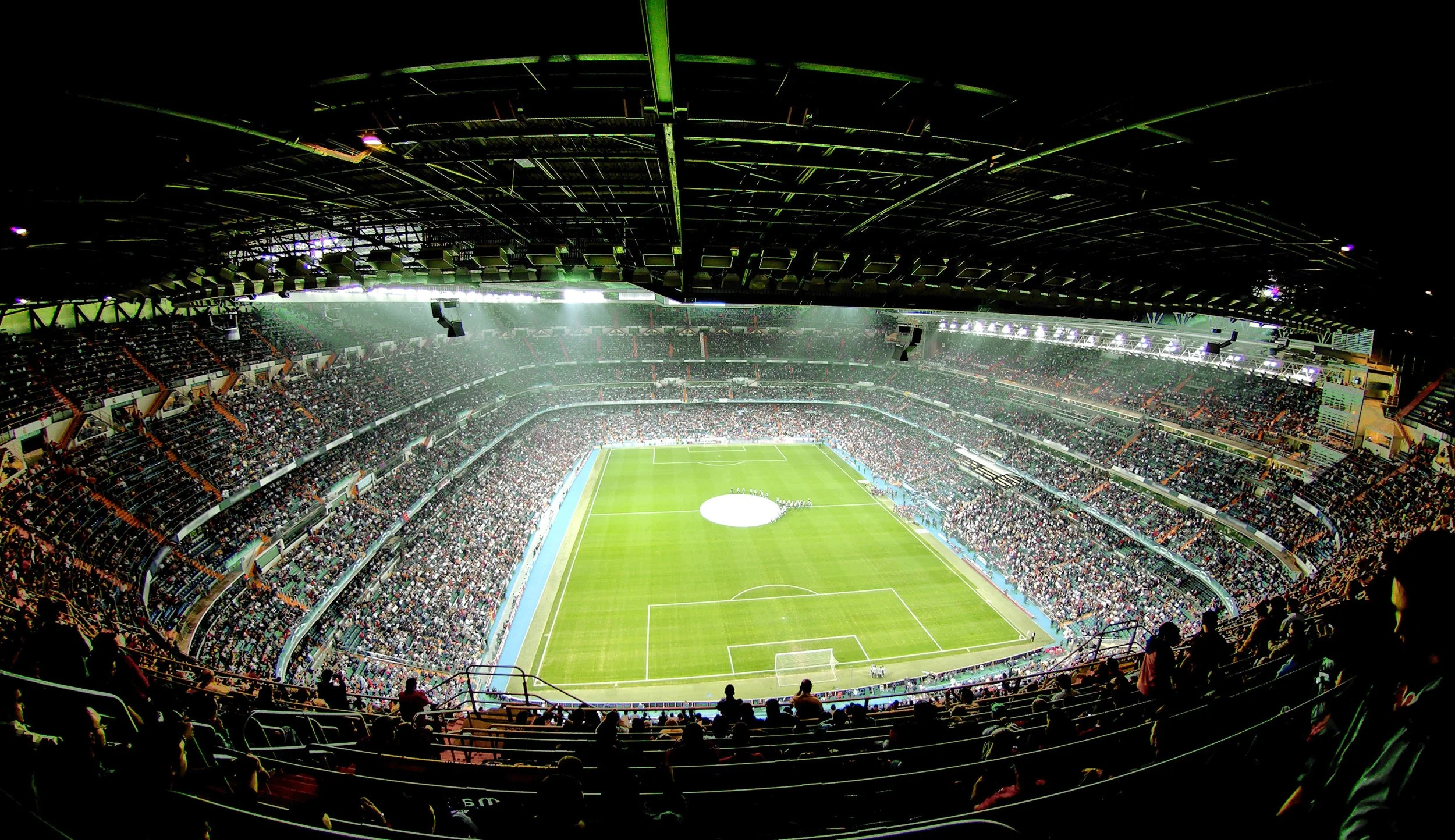Filter by:
Long reads · The BackPage Weekly
The AI landscape keeps changing, whether in terms of the technology, the politics or the laws around it (or, more commonly, all at the same time).
Nii Anteson looks at the ever-strengthening bond between sport and fashion.
In celebration of International Women’s Day 2025, we consider some of the developing key trends as the momentum continues to build in the world of professional women’s sport.
According to a recent FIFA report, transfer fees in the summer window of 2024 were almost double what was spent during the same period in 2023. Based on what we are seeing at SHERIDANS | SPORT, despite the women’s football transfer market being in the relatively early stages of its development, transfer fees are: a) becoming more frequent; and b) growing.
The decision in the recent case of the WPBSA and Mark King has been issued by an independent disciplinary commission appointed and administered by Sport Resolutions. This case which, amongst other things, underlines the increasing importance of AI in helping with the fight against match fixing.
Given the increasing opportunities for the trailblazing players in the women’s game to create a wide portfolio of brand deals, this article assesses the ‘opportunity v cost’ of boot deals, and drills into whether the small print in the contracts makes them really worth it.
Olympic Games media rights in the UK and Ireland explained.
The 2023-2024 Premier League season is likely to be remembered as much for the controversy surrounding its Profit and Sustainability Rules (PSR) as for the on-pitch action. Following Everton’s 10 point deduction for breaching PSR (subsequently reduced to 6 on appeal) we queried how rival clubs may react.
Last summer, UEFA announced its plans to revamp the format for the Champions League, Europa League and Conference League club competitions from the 2024/25 season.
We look at the curious case of points deductions, appeals and relegation uncertainty.
We look at the details of the recently announced partnership between Netflix and WWE.
In the wake of Everton's 10-point deduction, we take a closer look at some of the key insights and practical takeaways which Premier League clubs should be alive to.
We take a look at some key trends when it comes to athlete and brand commercial deals, both from an industry perspective and through the lens of how these deals are structured and negotiated.
We look at the terms and conditions of the Premier League’s so-called ‘New Deal’ proposal.
In this edition we discuss the recent report from the Culture, Media and Sport Committee into blockchain and crypto assets and summarise some of the key risks and complexities surrounding NFTs.
This piece reviews the factors which have given rise to regulatory change in cricket and considers whether the development is indicative of a wider trend in UK sport regulation.
With the English FA Rule K arbitration decision due by 30 September 2023, Daniel Geey outlines the ongoing legal challenges to the new FIFA Agents Regulations across Europe.
We discuss the implications of the additional time rule change for stakeholders in English football.
We consider financial regulation in the WSL and how models in place in other competitions may influence the regulatory course the league elects to take.
We outline our top five takeaways from the recent government review of women’s football.
In the lead up to the FIFA Women's World Cup we've partnered with Relo Metrics to explore the central role of social media in commercialising women's sports.
Recently the UK Home Office approved The FA’s immediate ‘relaxation’ of the Governing Body Endorsement (GBE) rules relating to transfers for overseas players.
Andrew Nixon, takes a look at the recent Snooker match fixing case, focusing on the importance of betting data intelligence; and the key role of Sportradar in the investigation.
We look at the recent publication of the Digital Markets, Competition and Consumers Bill (DMCCB) and what this means for stakeholders across the entertainment industry
Andrew Nixon looks in detail at the shock announcement of the partnership between the PGA Tour, the DP World Tour and PIF and the effective settlement of their high-profile disputes.
As Apple's mixed reality headset makes headlines, we look at the growing movement by tech-companies to embrace the potential of VR and the opportunities for sport to harness new revenue streams.
In November last year, the Glazer family rather unexpectedly announced their plans to sell Manchester United, a club which they bought back in 2005 for just £790m. The twists and turns of the bidding war have since been widely reported in the press. With the Glazers holding out for their lofty £6bn asking price, and the two frontrunners (Sheikh Jassim Bin Hamad Al Thani and Sir Jim Ratcliffe) reportedly falling well short of that figure so far, it will be fascinating to see how it all plays out in the coming weeks and months.
As the bidding for Manchester United concludes, we look at some alternative Mergers & Acquisitions (M&A) structures that can be deployed in high value transactions.
We explore the driving forces behind the rise of multi-club investment structures in European football and what this may mean for the future.





























